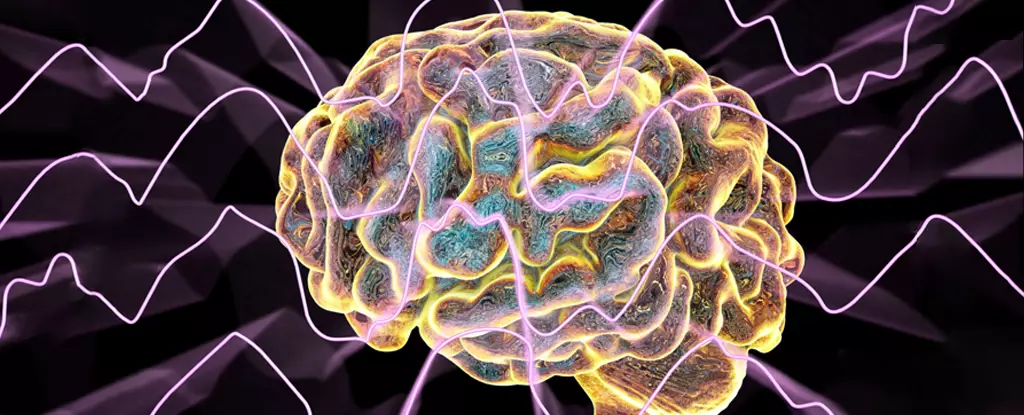Our brains are complex organs that operate through a series of waves, each playing a crucial role in different cognitive processes. Understanding how these waves function and interact has long been a challenge in neuroscience. Recently, researchers in the US have made a breakthrough by pinpointing the direction of traveling brain waves and how they align with specific tasks.
Study Methodology
The study conducted by US National Institutes of Health neurologist Uma Mohan involved 93 patients with electrodes temporarily implanted in their cerebral cortex. This allowed researchers to monitor brain waves directly while participants engaged in various cognitive tasks. The cortex, responsible for consciousness and cognitive functions, displayed theta and alpha frequency waves during the tasks.
Task-Specific Wave Direction
One intriguing finding from the study was the directional flow of brain waves based on the type of cognitive task. During tasks involving memorization, waves moved from the back of the brain to the front. In contrast, during recall tasks, the waves shifted from the front to the back of the brain. This observation sheds light on how our brains process and store information for later retrieval.
The researchers viewed neural oscillations as dynamic entities constantly moving across the brain rather than static signals. This dynamic movement suggests a choreographed sequence of activities within different brain regions. By analyzing the direction of brain waves, researchers gained insight into the order and timing of neural activities associated with memory storage and recall.
Understanding the directional flow of brain waves could have significant implications for individuals with memory disorders. By manipulating the direction of brain waves through stimulation, researchers hope to influence memory states positively. For instance, stimulating specific brain regions could potentially improve memory function in individuals struggling with conditions like memory loss.
Future Research Directions
While this study provides valuable insights into the directional flow of brain waves during cognitive tasks, there are still many unanswered questions. Researchers are yet to determine whether these waves drive cognitive activities or are simply a byproduct of them. Further research is needed to explore the underlying mechanisms behind the directional flow of brain waves and their implications for cognitive function.
The study by Uma Mohan and her colleagues sheds light on the dynamic nature of brain waves during cognitive tasks. The findings suggest a coordinated pattern of neural activities associated with memory processes. By unraveling the mysteries of brain wave directionality, researchers hope to pave the way for new interventions to improve cognitive function in individuals with memory disorders.


Leave a Reply